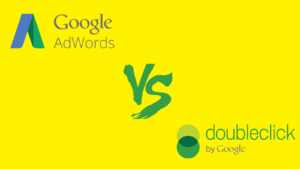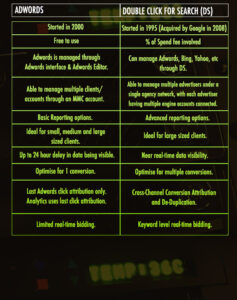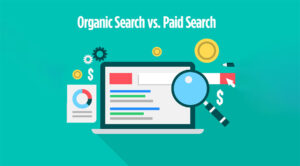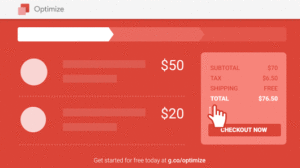
While most digital advertisers are familiar with Google AdWords, less are aware of DoubleClick (DS) and its advantages to PPC advertisers.
While there are many incarnations in the DoubleClick Suite, the simplest and often most effective DoubleClick Product is DoubleClick for Search.
Most digital advertisers are aware of the formation and start-up of Google and the impact they have had on not only the Internet but Marketing globally with Google AdWords.
DoubleClick on, the other hand, was an independent company that created one of the earliest known ad-serving platforms online. Because of the leaps and bounds, they were making in the online advertising space Google acquired them in 2008 for a sum of US$3.1 billion from Hellman & Friedman who bought the company in 2005. A more in-depth history of DoubleClick can be found here and here. The differences between DoubleClick and AdWords are subtle in some ways but quite radical in others.
Below is a table of some differences between AdWords and DS:

Spend Model While AdWords is a very comprehensive system, allowing advertisers of all sizes to effectively run online campaigns, it is still a free-to-use system and you only pay for the advertising spend you’re willing to invest.
DoubleClick, on the other hand, works on a percentage of spend model. (TMI is very open about this fee structure and we’ll happily explain all the costs involved to you.) This percentage varies from account to account. Account Management AdWords campaigns are managed through the AdWords platform serving exclusively on Google, Google Partners, and the Google Display Network. Multiple AdWords accounts can be managed through AdWords using an MCC account. It is important to note that it is not possible to target any search engine or advertising platform outside of the Google Network using AdWords.
DoubleClick allows the management of accounts on various platforms including, Google AdWords, Bing/Yahoo Advertising, etc from one interface, allowing for a seamless and simpler way to manage your online advertising campaigns. Reporting Unlike AdWords, DoubleClick allows for more custom reporting and in-depth analysis. Custom formulas and columns, user defined custom variables, personalized graphs and tables using Executive Reporting, advanced conversion tracking and a variety of bid strategies.
ROAS, CPA, Clicks, Positional, etc are just some of the options available when using DoubleClick for reporting.
Near Real-time Data
Many AdWords’ users can understand the frustration caused by data being delayed, even though the system has been getting better and better over the years. DoubleClick allows for near real-time data, giving any advertiser an advantage to make quick and concise decisions regarding their accounts.
Conversion Optimisation
AdWords and Analytics allow tracking for more than 1 conversion but switching between Analytics and AdWords can be tricky and time-consuming. DoubleClick uses Floodlights tags for tracking and advertisers are able to download reports and data per goal.
Cross-Channel Conversion Attribution and De-Duplication
DoubleClick Search uses a last-touch attribution model and allows de-duplication across multiple channels. While AdWords does offer MCC level tracking for advertisers with multiple AdWords accounts it does not take into account any external channel interaction, and can, therefore, lead to inaccurate attribution.
Real-Time Bidding
In AdWords, the closest a user can get to real-time bidding would be using the Conversion Optimizer Tool which helps to avoid unprofitable clicks and automatically find the optimal CPC. The DoubleClick system makes real-time bidding decisions based on a keywords conversion history, even allowing for CPA rules to run in conjunction with positional rules. Unlike AdWords, DoubleClick also allows for real-time bid strategies to be set up for different types of conversions (Floodlight tags) where AdWords does not allow for specific goal selection.
While Adwords and DoubleClick essentially share the same DNA there are many differences that set the two apart. Adwords will always be the standard when it comes to online marketing on the Google network and works effectively on any account no matter the size or budget of the client. DoubleClick offers industry leading tools suited for large accounts that require visibility across all ad networks and advanced marketing strategies, and may not be suited for all clients.
Deciding which platform to use and which would be more beneficial is the first step when taking on a new account or re-accessing an existing one. Adwords may be limiting for large, high demand accounts and using DoubleClick for smaller clients may be overkill. All accounts go through a setup phase before being launched and deciding whether to use a third-party platform is a valuable question to address before setup.
If you are looking for a complete Digital Marketing Solution we are here to help you. Visit our website www.samparkinfoways.com and get all business oriented services for your business.



